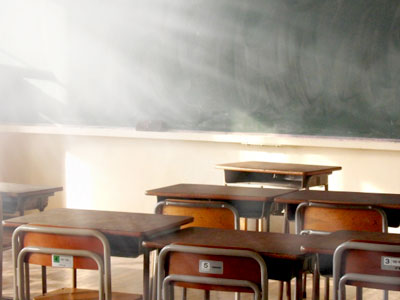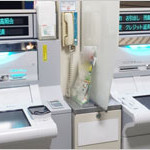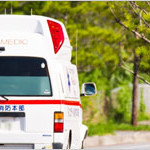Whether you'll be bringing over your family when you move to Japan or you're just planning to hire Japanese local staff for your business, it can be beneficial to learn a thing or two about Japan's education system and the standard of education they receive.
Public Education System

The Japanese school year runs across 3 semesters from April - March. There is a long public holiday after each semester—in summer, Christmas, and spring, respectively—as well as the unique holiday period known as 'Golden Week' in May.
Japan's public education system follows the American format: 3 years of kindergarten, 6 years of elementary school, 3 years of junior high school and 3 years of high school. The 9 years covering elementary and junior high school, encompassing ages 6-15, are mandatory. High school is optional, although over 90% of the population choose to go on to do these extra three years. After this, many school-leavers opt to go to university for 4 years (standard degree) or 2 years (technical college).
The education-employment correlation is very strong in Japan, meaning those who go to a good school are more likely to go to a good university, which in turn leads to a good job; on the other hand, those who don't go to a good university will have fewer options when job hunting. This means that the name and reputation of your school/ university in itself can play a part in the type of job and pay you will be able to get after graduation.
This 'conveyor-belt' system means that getting good grades from the start is a highly serious and competitive business. There are two stages in particular that are highly competitive: taking entrance exams to get into high school and again for university. Many students, even some in elementary school, attend 'juku' (cram schools) after school to get further tuition and preparation for exams. However, this stressful period fades out after getting accepted into university, where there is little pressure for Japanese students to achieve high grades due to an almost pass/fail (or graduate/ don't graduate) credit system instead of a degree classification system. This means that as long as you've passed, regardless of how low, you will get the same qualification as everyone else.
Other Kinds of Public Schools
Vocational schools — As an alternative to high school or university, graduates could instead opt to go to a vocational school where they can learn specialist skills and subjects.
Special needs schools — These can either be mixed schools (have students of mixed disabilities) or specialist schools (for deaf students, for blind students etc.)
Foreign Students in Public Schools
According to human rights laws, foreign children are entitled to free public education as far as high school, just like their Japanese counterparts. On top of this, they should also receive extra lessons to help them manage the language barrier. Schools with a large number of non-Japanese students will often have a dedicated language teacher who may also speak the child's native tongue.
Private Schools
There are private schools for all levels of the education system which require tuition fees to attend. Some private schools are a combined elementary/junior high school, and some even cover elementary right up to university. Students of schools like these theoretically have a higher prospect of moving up to the next school stage/ university stage then someone who is applying externally.
International Schools
Larger Japanese cities may have an international school specifically aimed at non-Japanese children from abroad or half-Japanese children. These schools tend to base their curriculum on foreign systems, so the students will receive qualifications based on the country used. For example, there are several international schools in Japan that follow the British curriculum (GCSEs, A Levels etc) or the American curriculum. International schools also tend to hold various activities outside of class to help students become internationally minded.
Our tips:
1) When moving to Japan, contact your local city hall to find out more information about schools in your area and enroll your child.
2) There are many things to take into account when deciding on a school to send your child to... Are there other non-Japanese children at the school? How many? Are there any dedicated language teachers for non-Japanese students? Are there any English-speaking staff?
...The latter one in particular is important to think about. Many schools in large cities should have at least one staff member who can speak English. But if there isn't, how will you keep up to date with the school calendar? Read school newsletters? Ask questions or voice concerns to the homeroom teacher? You should therefore consider the support they will be able to provide not only to your child, but to you as well.
However, we do not take responsibility should there be any inaccuracies or incorrect information shown.
Please use your own judgement about what you read here – From the organisers of japanbizguide.com website.





